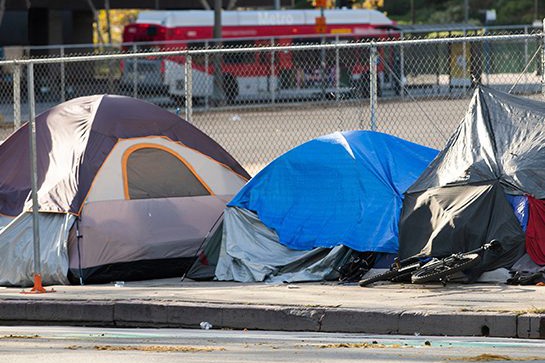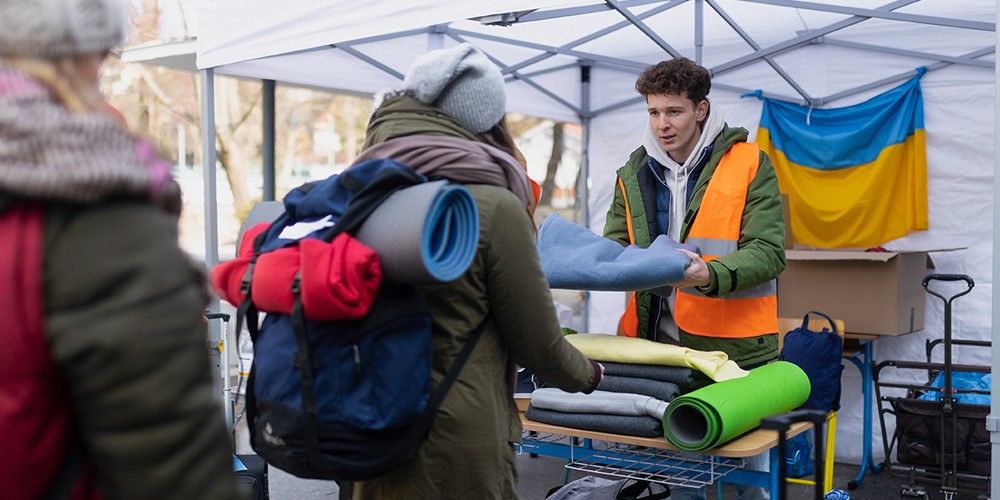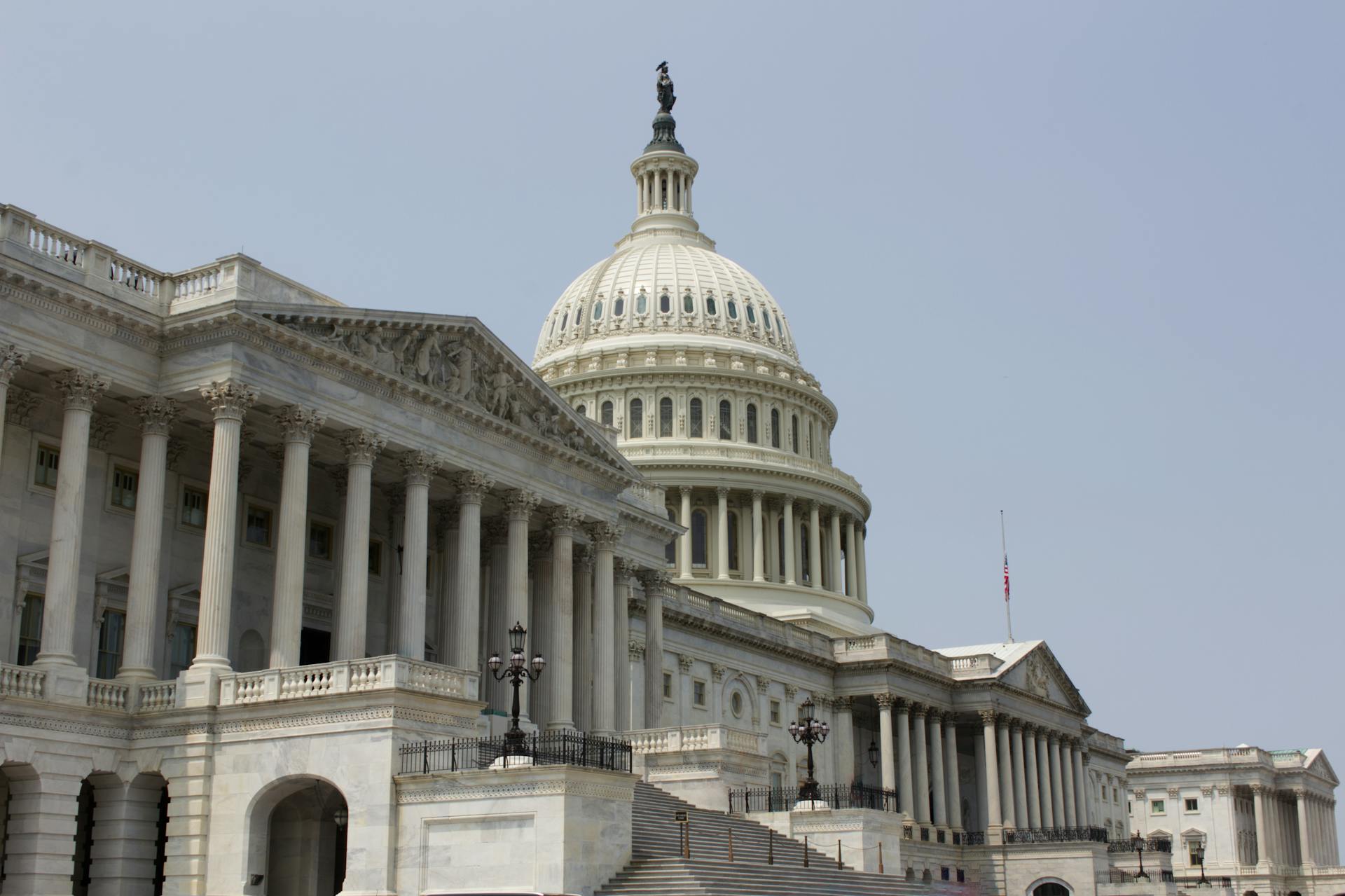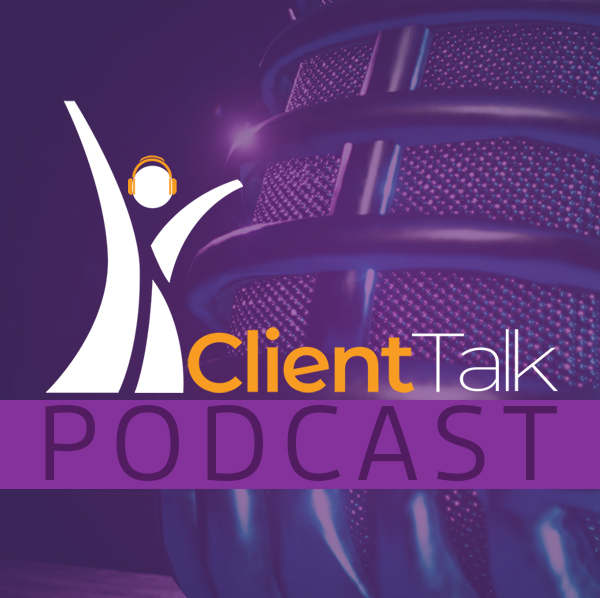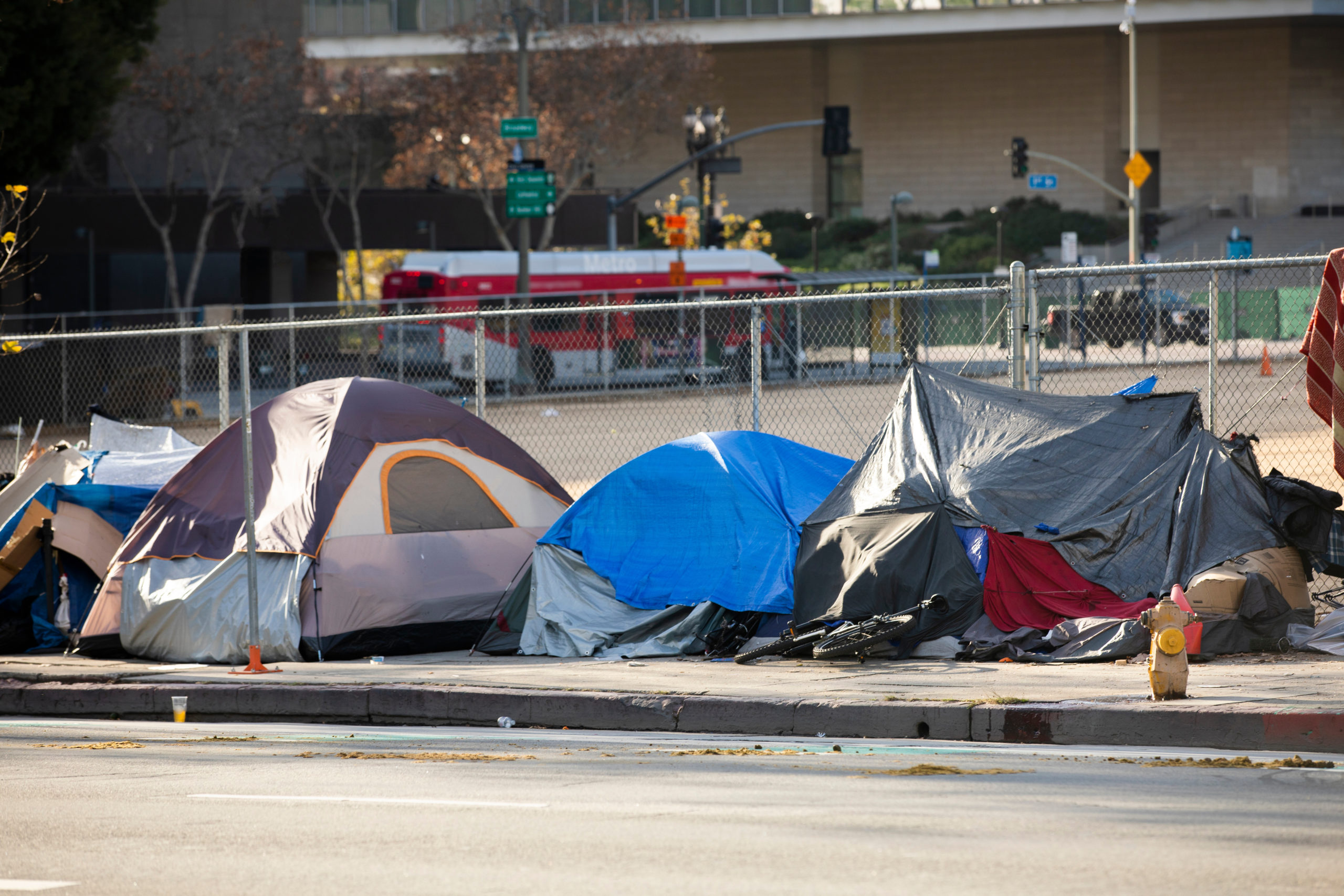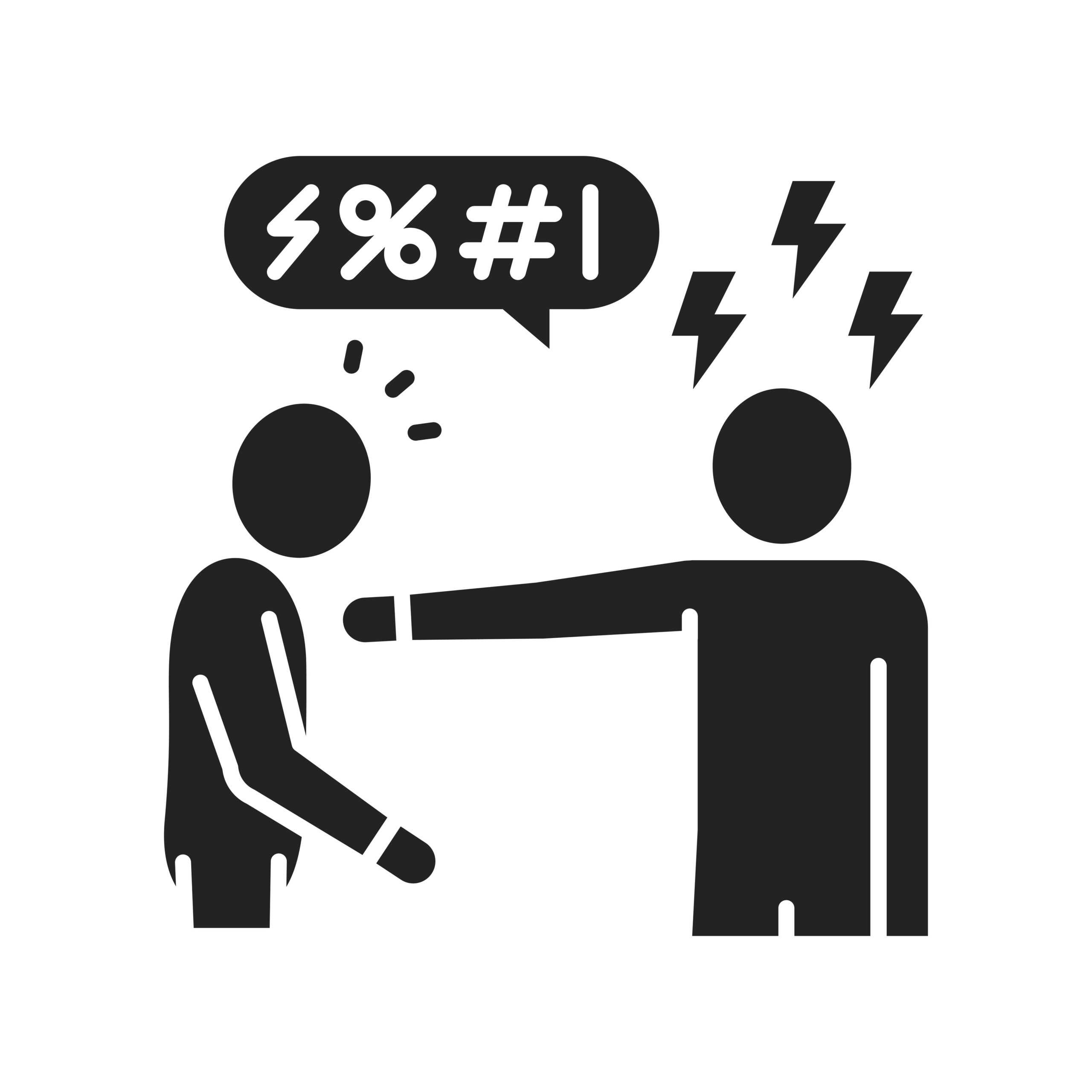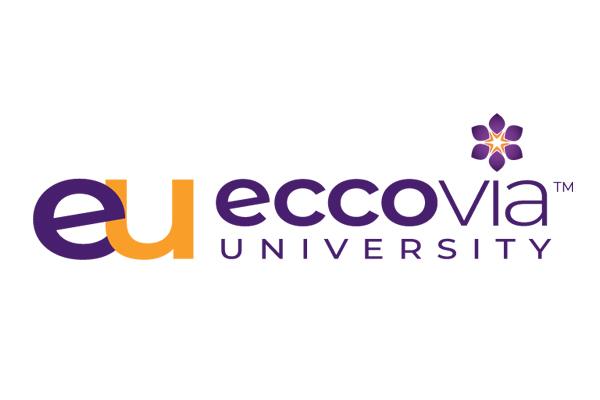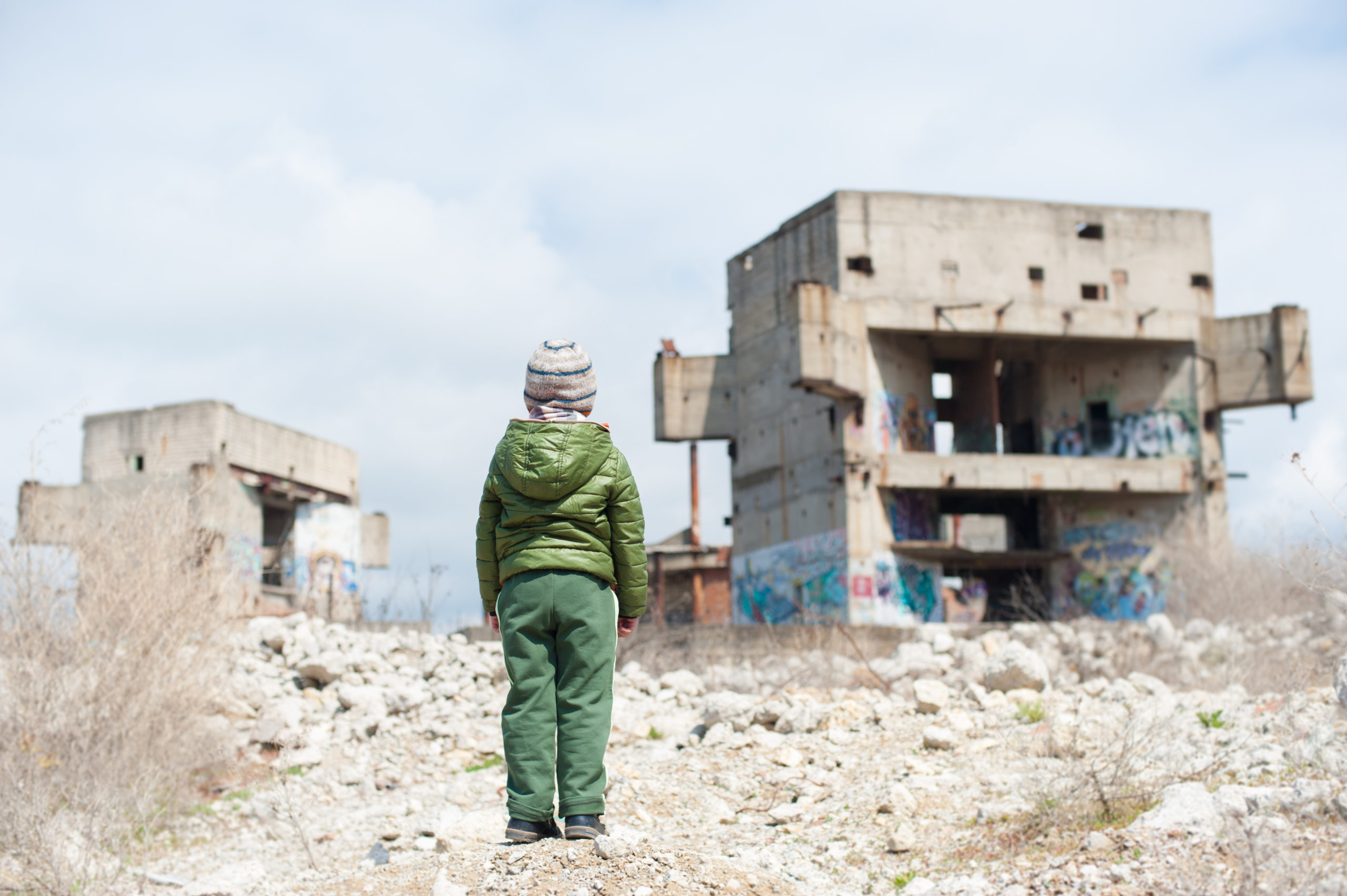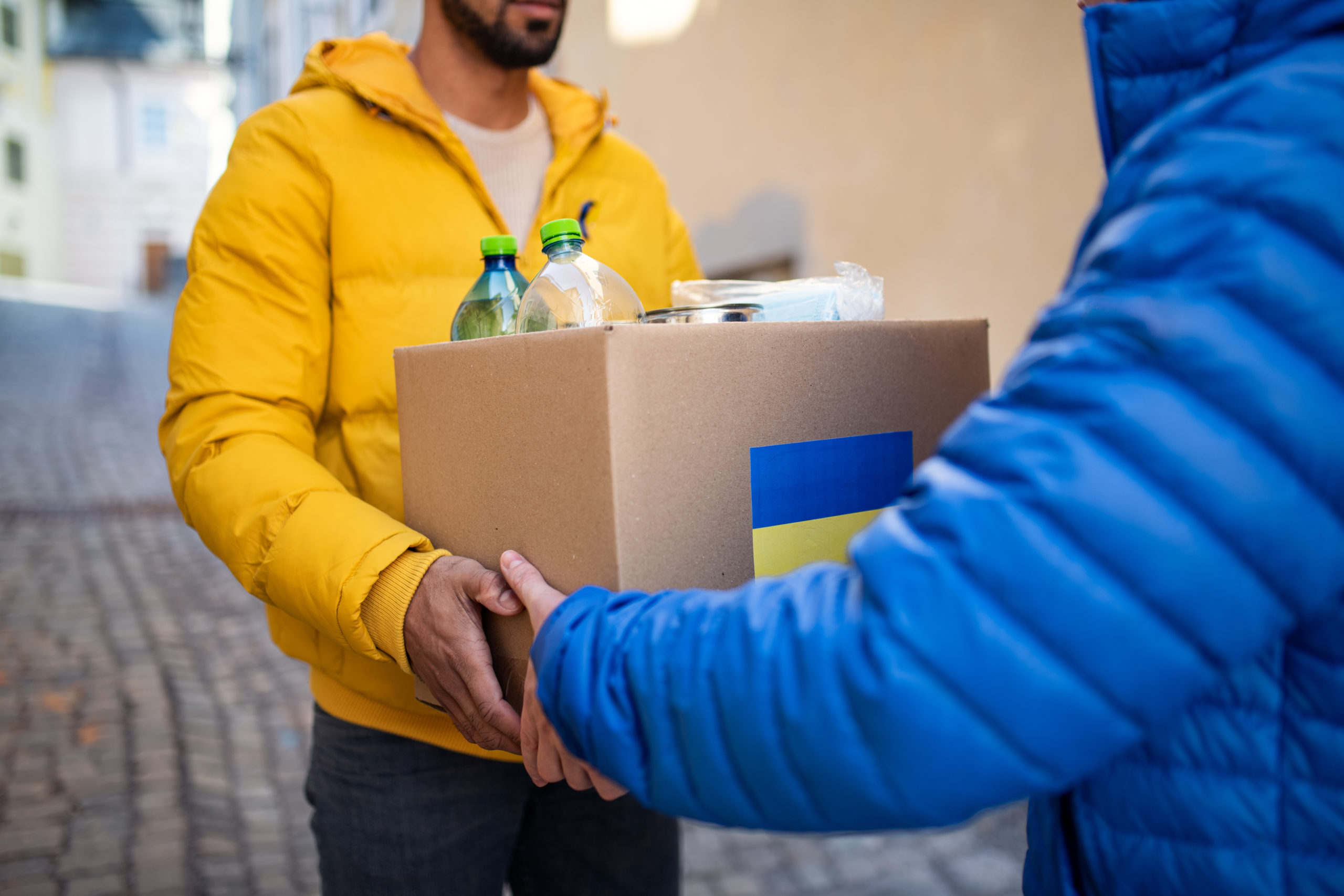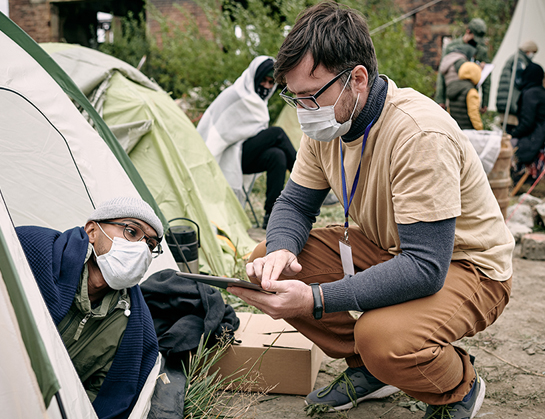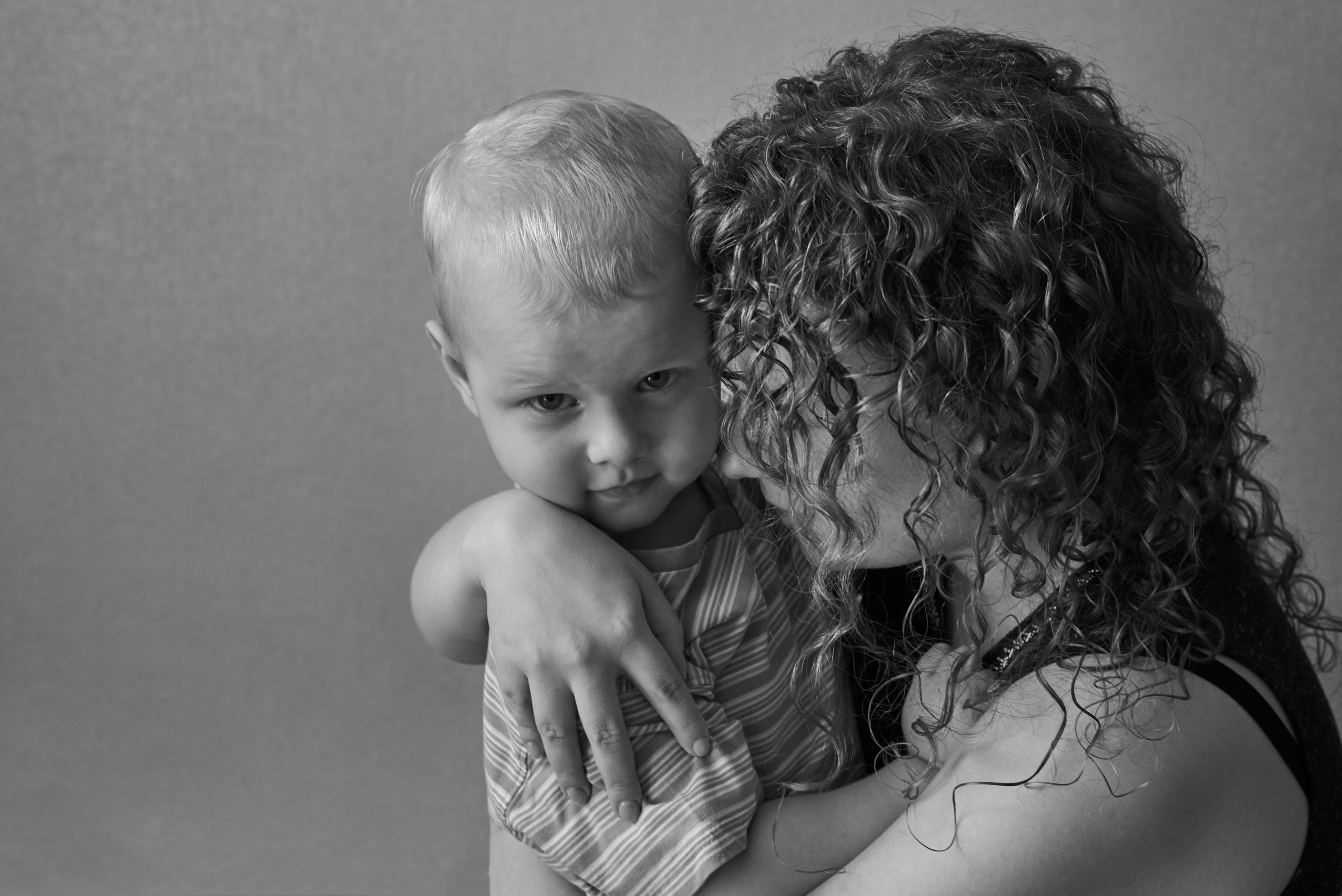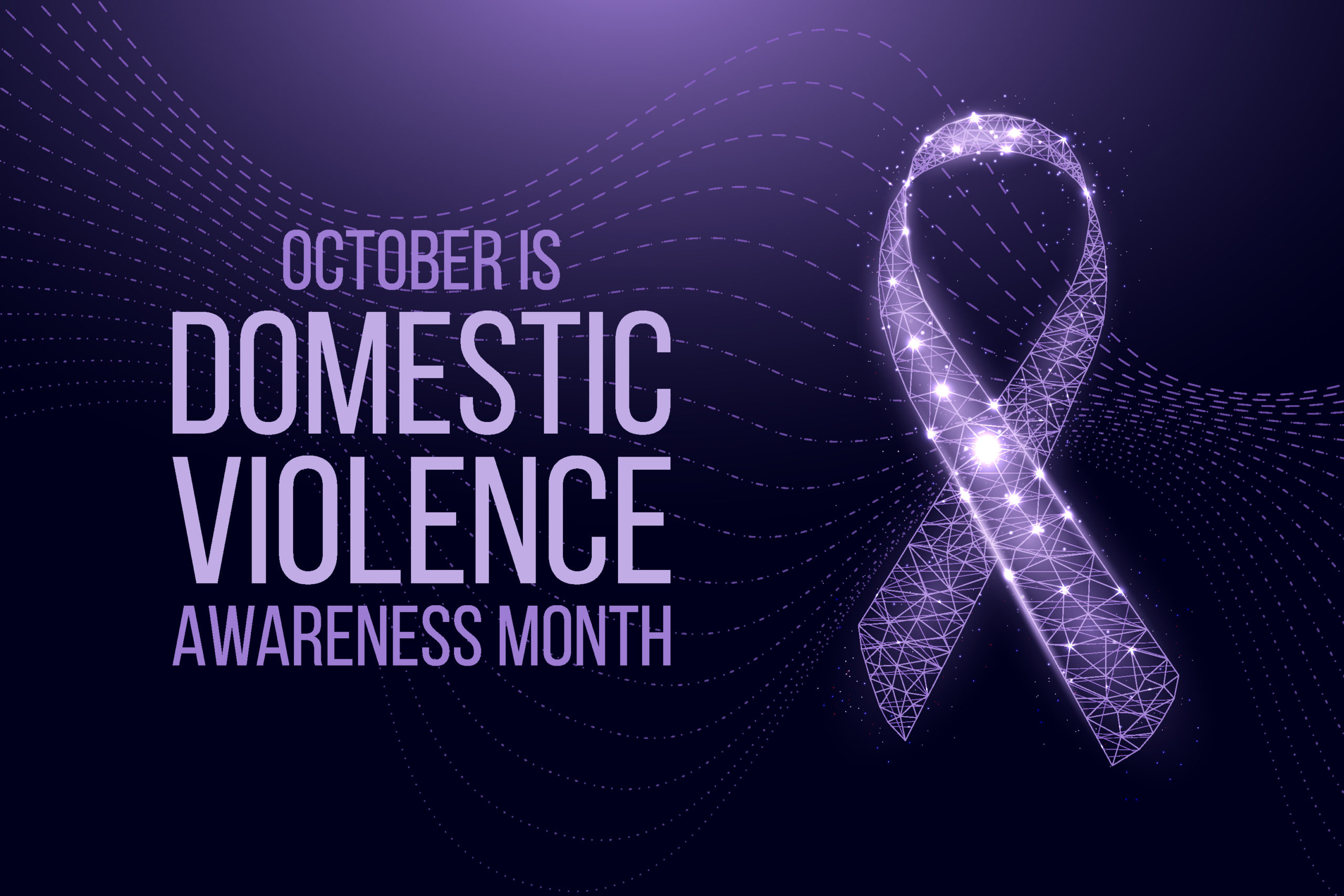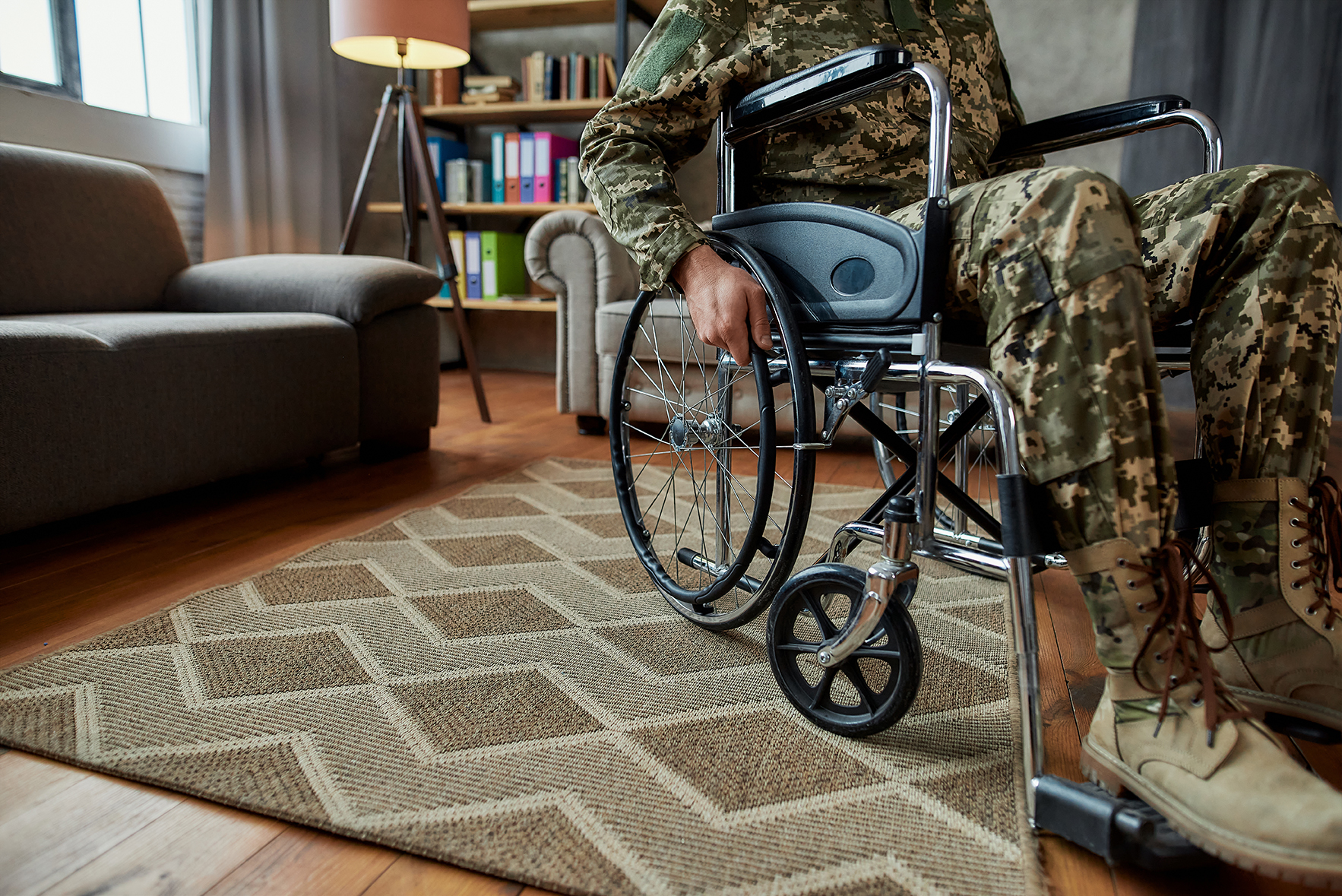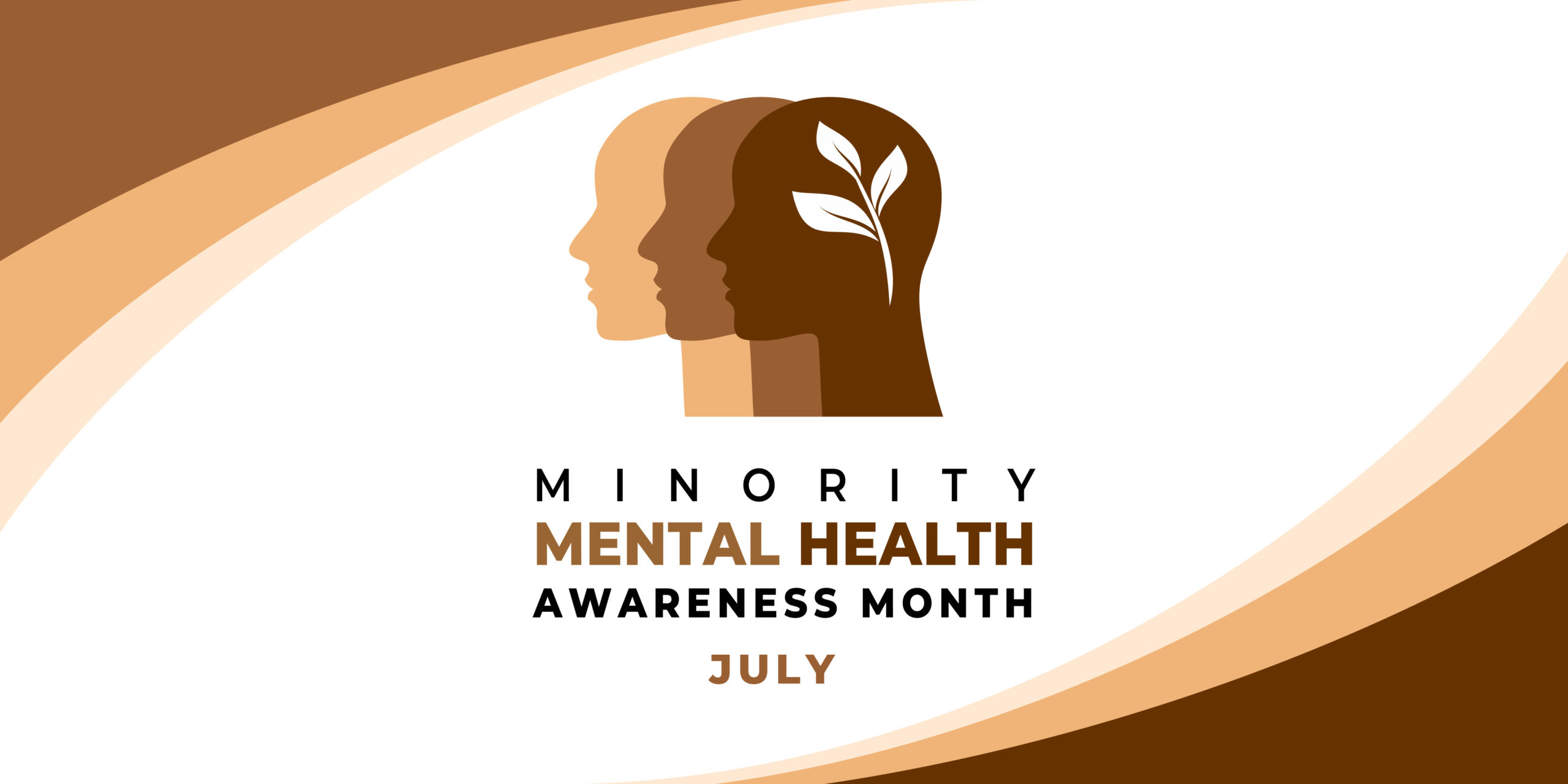- Products
- ClientInsight™
-
Eccovia’s mission is to provide health and
social services agencies with technologies and actionable data to better serve
their communities. - Data Warehouse Basic Concepts
- Data Warehouse Glossary
- Data Warehousing & Social Services
-
Data Warehousing Supercharging
HMIS -
The Four Pitfalls of Building Your Own
Data Warehouse
- ClientTrack®
-
We are continuously building up our platform of
products, adding new offerings and improving our
existing solutions—all to empower you to help
those you serve. - Behavioral Health
- Case Management
- Coordinated Entry Best Practices
- Data Protection and Security
- Designer Toolset
- Enterprise-Level Reporting
- HIPAA Compliance Policy and Plan
- HMIS Administrator Services
-
Homeless Management Information
System (HMIS) - Single Sign-On (SSO)
- Services
- Services
- Our experts identify and track the critical needs of your communities, focusing on outcomes and supporting your team.
- Advanced Professional Services
- HMIS Administrator Services
- Solutions
- Solutions
- Eccovia is pushing the boundaries of case management and care coordination beyond just regulatory compliance.
- Care Coordination Software
- Co-Responder Solution
- Food and Nutrition
- Homeless Management
- Refugee Resettlement
- Victim Services Providers
- Whole Person Care
- Resources
- Resources
- Here you’ll find a breadth of educational and inspirational content to help you on your journey to achieve the outcomes you want for the clients you serve.
- About Us
- About Us
- Eccovia is a software and services company that provides innovative case management and data analytics solutions to health and human services providers.
- Eccovia's Story
- Careers
- Contact Us
- Data Philosophy
- Who is Eccovia
- While our clients serve a variety of needs, they all share one thing in common: people. We support organizations ranging from healthcare and behavioral health to homeless management and refugee resettlement.
Recent Posts
With recent disruptions to federal funding of social care programs, many communities are finding workarounds, alternative funding sources, and streamlining their program management and service delivery. How can your community […]
•
April 7, 2025
Whole person care is gradually becoming more prevalent in the realm of health and human service organizations. But what exactly does it mean? Check out the definition and importance of whole person care, as well as how your organization can begin implementing it today.
•
November 15, 2024
In many communities, individuals who are chronically homeless—many of whom are Medicaid beneficiaries—are being served by coordination between community providers of healthcare, housing, and housing assistance. However, the “revolving-door” effect […]
•
October 3, 2024
In the United States, Medicaid expansion is now being adopted by 41 states, which unlocks a new funding stream for social service organizations in whole person care. In this article, […]
•
October 3, 2024
Case workers and social workers experience burnout at a higher rate than most professions, on par with police officers, lawyers, healthcare workers, EMT workers, and other high-stress jobs. How can […]
•
September 10, 2024
It’s often said that the plural of anecdotes is not data. Perhaps a more nuanced take on the phrase could be: conclusions should not be drawn from anecdotes alone.
•
September 6, 2024
While many children in low-income households benefit from school breakfast and lunch programs, many of them lose that benefit over the summer break. However, community care coordination among organizations that […]
•
June 21, 2024
The relationship between law enforcement and people experiencing behavioral crises or homelessness can be tense, sometimes escalating to the use of force and leaving root causes unaddressed. However, communities across […]
•
June 20, 2024
Case management for refugee services is an essential part of making sure these vulnerable populations can integrate into American society culturally, economically, and legally. Without effective case management, services are […]
•
June 18, 2024
With major funding cuts and every indication of increasing need for VOCA-funded services, what does the future hold for VOCA funding recipients? Outcomes aren’t set in stone, but they will […]
•
May 13, 2024
February is Teen Dating Violence Awareness Month. Learn how to get involved and promote healthy, respectful relationships for teenagers, and how learning how to identify warning signs of abuse can […]
•
February 1, 2024
ClientConnect 2023, our inaugural peer-to-peer conference for human services organizations, was a resounding success! But if you missed out, don’t let that stop you from catching the next one. In […]
•
January 11, 2024
ClientConnect 2023, our inaugural peer-to-peer conference for human services organizations, was a resounding success! But if you missed out, don’t let that stop you from catching the next one. In […]
•
December 14, 2023
ClientConnect 2023, our inaugural peer-to-peer conference for human services organizations, was a resounding success! But if you missed out, don’t let that stop you from catching the next one. In […]
•
November 6, 2023
Why Data Mining Is a Double-Edge Sword for Social Services Drawing the right conclusions from client data in social services can be challenging. How do we mine data without drawing […]
•
August 7, 2023
Care Coordination
With recent disruptions to federal funding of social care programs, many communities are finding workarounds, alternative funding sources, and streamlining their program management and service delivery. How can your community […]
•
April 7, 2025
The relationship between law enforcement and people experiencing behavioral crises or homelessness can be tense, sometimes escalating to the use of force and leaving root causes unaddressed. However, communities across […]
•
June 20, 2024
ClientConnect 2023, our inaugural peer-to-peer conference for human services organizations, was a resounding success! But if you missed out, don’t let that stop you from catching the next one. In […]
•
January 11, 2024
ClientConnect 2023, our inaugural peer-to-peer conference for human services organizations, was a resounding success! But if you missed out, don’t let that stop you from catching the next one. In […]
•
December 14, 2023
ClientConnect 2023, our inaugural peer-to-peer conference for human services organizations, was a resounding success! But if you missed out, don’t let that stop you from catching the next one. In […]
•
November 6, 2023
Climate change is affecting human life economically and sociopolitically, and vulnerable populations often have little recourse to protect themselves from the elements. How should communities and homeless services agencies react […]
•
August 3, 2023
ClientTalk is where our industry experts give you their best insights and best practices across the spectrum of social services. Below is part 2 a summary of the interview from […]
•
December 22, 2022
ClientTalk is where our industry experts give you their best insights and best practices across the spectrum of social services. In this episode, we talk with David Lewis, our head […]
•
December 14, 2022
What's the difference between sheltered and unsheltered homelessness? What is the most common form of homelessness? Is couch surfing considered homelessness? Each of these questions and more are critical in understanding what we mean when we say a person is "experiencing homelessness".
•
June 9, 2022
When summer comes, so do rising temperatures and blistering heat. For people experiencing homelessness, this change can be dangerous—even deadly. How can homeless services best prepare for the coming summer?
•
May 12, 2022
Care coordination is the future of health and human service organizations, but stakeholders and community members are essential to its success. Social workers are key to implementing effective and lasting community care coordination.
•
April 21, 2022
Knowing the state of mental health among unhoused individuals is the first step in better advocating for change. Consider how mental health plays a role in issues surrounding homelessness, and how your organization can begin to work towards eradicating adverse mental health in your communities.
•
September 29, 2021
Care coordination plans are the future of healthcare. By utilizing strategies that bring community resources together, health and human service providers can offer better, more comprehensive services that save costs while improving patient outcomes.
•
September 22, 2021
For over 30 years, Ryan White programs have led the nation in HIV care. Today, nearly half of all HIV-positive individuals in the US rely on Ryan White for their health needs. Organizations providing this care are comprehensive in their approach and focus on helping low-income communities.
•
July 28, 2021
How (and why) do social services differ for children? The better we can understand the unique needs of children and youth, the better we can help. Improving social service effectiveness for children is not only valuable; it can be life-changing.
•
July 21, 2021
Case Management
With recent disruptions to federal funding of social care programs, many communities are finding workarounds, alternative funding sources, and streamlining their program management and service delivery. How can your community […]
•
April 7, 2025
Case workers and social workers experience burnout at a higher rate than most professions, on par with police officers, lawyers, healthcare workers, EMT workers, and other high-stress jobs. How can […]
•
September 10, 2024
It’s often said that the plural of anecdotes is not data. Perhaps a more nuanced take on the phrase could be: conclusions should not be drawn from anecdotes alone.
•
September 6, 2024
The relationship between law enforcement and people experiencing behavioral crises or homelessness can be tense, sometimes escalating to the use of force and leaving root causes unaddressed. However, communities across […]
•
June 20, 2024
Case management for refugee services is an essential part of making sure these vulnerable populations can integrate into American society culturally, economically, and legally. Without effective case management, services are […]
•
June 18, 2024
ClientConnect 2023, our inaugural peer-to-peer conference for human services organizations, was a resounding success! But if you missed out, don’t let that stop you from catching the next one. In […]
•
January 11, 2024
ClientConnect 2023, our inaugural peer-to-peer conference for human services organizations, was a resounding success! But if you missed out, don’t let that stop you from catching the next one. In […]
•
December 14, 2023
ClientConnect 2023, our inaugural peer-to-peer conference for human services organizations, was a resounding success! But if you missed out, don’t let that stop you from catching the next one. In […]
•
November 6, 2023
Why Data Mining Is a Double-Edge Sword for Social Services Drawing the right conclusions from client data in social services can be challenging. How do we mine data without drawing […]
•
August 7, 2023
Climate change is affecting human life economically and sociopolitically, and vulnerable populations often have little recourse to protect themselves from the elements. How should communities and homeless services agencies react […]
•
August 3, 2023
Protecting vulnerable clients’ data has never been more important, as cybersecurity attacks have proliferated and become increasingly easy to perform. What should health and human service organizations do to increase […]
•
June 6, 2023
Victim service providers help individuals and families fleeing domestic violence. However, providers face additional complexity when it comes to protecting their clients’ privacy, which makes coordinating services within the continuum […]
•
May 16, 2023
Many caseworkers endure verbal abuse from clients. There are many de-escalation techniques, some more effective than others. How should you deal with a verbally abusive client? It starts with understanding […]
•
February 17, 2023
We’ve heard a lot about congressional in-fighting over the US government’s debt ceiling, and social service providers are bracing themselves for another possible government shutdown. In this article, we explore […]
•
February 16, 2023
Case managers are what keeps social services running, and continuing education is essential to keep them up to date with emerging trends and best practices. There are many certifications and […]
•
January 5, 2023
Eccovia
With recent disruptions to federal funding of social care programs, many communities are finding workarounds, alternative funding sources, and streamlining their program management and service delivery. How can your community […]
•
April 7, 2025
Eccovia had the opportunity to attend the National Human Services Data Consortium (NHSDC) Fall Conference in Portland, Oregon. The NHSDC conference theme was “Harvesting Connections,” focusing on building robust data […]
•
November 5, 2024
In the United States, Medicaid expansion is now being adopted by 41 states, which unlocks a new funding stream for social service organizations in whole person care. In this article, […]
•
October 3, 2024
Case workers and social workers experience burnout at a higher rate than most professions, on par with police officers, lawyers, healthcare workers, EMT workers, and other high-stress jobs. How can […]
•
September 10, 2024
It’s often said that the plural of anecdotes is not data. Perhaps a more nuanced take on the phrase could be: conclusions should not be drawn from anecdotes alone.
•
September 6, 2024
International Women’s Day is an opportunity to reflect on and celebrate the contributions of women in every field and walk of life. This year’s theme of the importance of inclusion […]
•
March 7, 2024
ClientConnect 2023, our inaugural peer-to-peer conference for human services organizations, was a resounding success! But if you missed out, don’t let that stop you from catching the next one. In […]
•
January 11, 2024
ClientConnect 2023, our inaugural peer-to-peer conference for human services organizations, was a resounding success! But if you missed out, don’t let that stop you from catching the next one. In […]
•
November 6, 2023
Case managers are what keeps social services running, and continuing education is essential to keep them up to date with emerging trends and best practices. There are many certifications and […]
•
January 5, 2023
Where did Giving Tuesday come from, and why should you and your organization care about it? While a new social movement to encourage generous donations during the holiday season, Giving […]
•
November 29, 2022
Health and human service organizations often get behind with learning and development. What if there were a solution specifically for this industry? Well, now there is a solution with Eccovia […]
•
September 29, 2022
Eccovia is proud to sponsor Pivot Adventure, a nonprofit organization that provides outdoor recreational therapy to teens experiencing mental health challenges. We interviewed Katie Allred, co-founder and CFO of Pivot […]
•
September 8, 2022
ClientTalk is where our industry experts give you their best insights and best practices across the spectrum of social services. With storied careers and thoughtful points of view, the leaders here at Eccovia know about a lot more than compliance—because they’ve been where you are.
•
June 7, 2022
Since 2009, March 31st marks Transgender Day of Visibility. Celebrated by LGBTQ+ communities across the globe, this day serves as a chance to honor progress that transgender individuals and groups have made. It also offers a chance to improve the ways social services address transgender and gender non-conforming communities.
•
March 31, 2022
Understanding healthcare legislation can feel daunting, and lead to a whirlwind of confusion and questions. With the recent passage of the American Health Care Act (AHCA), healthcare is once again […]
•
May 17, 2017
Food and Nutrition Services
With recent disruptions to federal funding of social care programs, many communities are finding workarounds, alternative funding sources, and streamlining their program management and service delivery. How can your community […]
•
April 7, 2025
While many children in low-income households benefit from school breakfast and lunch programs, many of them lose that benefit over the summer break. However, community care coordination among organizations that […]
•
June 21, 2024
How can food and nutrition programs best combat child hunger? The COVID-19 pandemic has opened the path for one possible solution: universal school lunch. Advocates pushing for a long-term implementation cite the academic and health benefits of such programs.
•
March 10, 2021
Hunger in the United States is rising, and food and nutrition services are looking to the Supplemental Nutrition Assistance Program (SNAP) for help. As the new administration is challenging lawmakers to increase the financial support for SNAP, food programs are hoping to see an increase in both benefits and eligibility.
•
February 10, 2021
The world is growing anxious as COVID-19 has long overstayed its welcome. The virus has managed to disrupt society in virtually every way possible with increased social distancing practices, school […]
•
July 8, 2020
Homelessness Solutions
With recent disruptions to federal funding of social care programs, many communities are finding workarounds, alternative funding sources, and streamlining their program management and service delivery. How can your community […]
•
April 7, 2025
A Continuum of Care is a HUD-funded local or regional body of organizations that coordinate services to individuals and families experiencing homelessness in the United States. It is a program […]
•
November 18, 2024
Eccovia had the opportunity to attend the National Human Services Data Consortium (NHSDC) Fall Conference in Portland, Oregon. The NHSDC conference theme was “Harvesting Connections,” focusing on building robust data […]
•
November 5, 2024
The Supreme Court of the United States (SCOTUS) has decided on a case that promises to have some of the most profound consequences on homeless service providers yet. In this […]
•
July 1, 2024
The relationship between law enforcement and people experiencing behavioral crises or homelessness can be tense, sometimes escalating to the use of force and leaving root causes unaddressed. However, communities across […]
•
June 20, 2024
Veteran’s Day is a time to honor all those who have served our country in any of the armed forces. But too often, veterans lack support and resources and tend […]
•
November 10, 2023
Climate change is affecting human life economically and sociopolitically, and vulnerable populations often have little recourse to protect themselves from the elements. How should communities and homeless services agencies react […]
•
August 3, 2023
New NOFOs, new resources, and new studies: There’s been a lot of new developments for continuums of care (CoC) over at HUD, and we’re here to show you the highlights […]
•
November 10, 2022
Do predictive analytics and AI have something to offer social service organizations? In this blog, we explore current and future implementations of AI and machine learning in social service delivery. […]
•
July 28, 2022
What's the difference between sheltered and unsheltered homelessness? What is the most common form of homelessness? Is couch surfing considered homelessness? Each of these questions and more are critical in understanding what we mean when we say a person is "experiencing homelessness".
•
June 9, 2022
Can homeless services utilize health data? The answer is yes—but only if they follow strict rules put forth by HUD and HIPAA for HMIS. Check out what these rules entail and what benefits come from following them.
•
May 19, 2022
When summer comes, so do rising temperatures and blistering heat. For people experiencing homelessness, this change can be dangerous—even deadly. How can homeless services best prepare for the coming summer?
•
May 12, 2022
As winter temperatures drop, those experiencing homelessness are in need now more than ever for help from our communities.
•
December 30, 2021
Knowing the state of mental health among unhoused individuals is the first step in better advocating for change. Consider how mental health plays a role in issues surrounding homelessness, and how your organization can begin to work towards eradicating adverse mental health in your communities.
•
September 29, 2021
HMIS is a buzzword in the realm of homelessness agencies. But what does it exactly mean? And why is it important? In this blog post, we explore the specifics of HMIS and how a powerful case management solution can improve data, analysis, and services provided.
•
June 9, 2021
Refugee Services
With recent disruptions to federal funding of social care programs, many communities are finding workarounds, alternative funding sources, and streamlining their program management and service delivery. How can your community […]
•
April 7, 2025
Case management for refugee services is an essential part of making sure these vulnerable populations can integrate into American society culturally, economically, and legally. Without effective case management, services are […]
•
June 18, 2024
Refugee assistance in the United States is going to be even more necessary than before. But who gets what kind of assistance? Read on to learn more about ORR-funded assistance. […]
•
June 29, 2022
Being a child isn't always easy; neither is being a refugee. What about when you're both? Consider these unique obstacles refugee children face, as well as how we can better support them as they resettle.
•
May 5, 2022
The invasion of Ukraine has displaced over 5.3 million refugees (and counting). Now is the time to aid Ukrainians fleeing political violence–but what exactly can you do to help? Check out our three ideas on ways to make a difference today.
•
April 28, 2022
Did you know one in three refugees experiences a severe mental health disorder? Mental health wellness is a critical part of community care coordination for refugees and the resettlement agencies that serve them.
•
February 17, 2022
The refugee resettlement process in the US features a myriad of moving parts. Multiple agencies and organizations are often involved in a single refugee case, with social workers serving as […]
•
July 1, 2020
“A refugee is someone who survived and who can create the future.” – Amela Koluder Refugees are not only faced with the unique challenge of seeking asylum and a safer […]
•
June 24, 2020
According to The UN Refugee Agency, also known as UNHCR, over 68 million people worldwide have been forcibly displaced from their homes. The majority of these individuals, around 40 million, […]
•
August 9, 2018
Victim Service Providers
With recent disruptions to federal funding of social care programs, many communities are finding workarounds, alternative funding sources, and streamlining their program management and service delivery. How can your community […]
•
April 7, 2025
With major funding cuts and every indication of increasing need for VOCA-funded services, what does the future hold for VOCA funding recipients? Outcomes aren’t set in stone, but they will […]
•
May 13, 2024
February is Teen Dating Violence Awareness Month. Learn how to get involved and promote healthy, respectful relationships for teenagers, and how learning how to identify warning signs of abuse can […]
•
February 1, 2024
Victim service providers help individuals and families fleeing domestic violence. However, providers face additional complexity when it comes to protecting their clients’ privacy, which makes coordinating services within the continuum […]
•
May 16, 2023
New NOFOs, new resources, and new studies: There’s been a lot of new developments for continuums of care (CoC) over at HUD, and we’re here to show you the highlights […]
•
November 10, 2022
Please note that Eccovia is not a domestic violence shelter. We are a software vendor. Victims of domestic violence should contact www.thehotline.org. What can someone expect when entering a domestic […]
•
June 16, 2022
Victim service providers (VSPs) offer support and advocacy to individuals and families who have suffered domestic violence. Although similar, support and advocacy have distinctly different roles to play to ensure long-term success for victims.
•
May 26, 2022
How can VSPs best set survivors up for success? The path to healing from domestic violence may be difficult, but it doesn’t have to be lonely. Consider how and why VSPs are an integral part of this very healing.
•
March 2, 2022
Are you a Victim Service Provider? Then you should be aware of the signs of a successful comparable database for case management. It comes down to much more than simply following compliance for HUD–you need to make sure it has powerful management tools, a robust security model, and standards for accessibility.
•
January 27, 2022
Victim Service Providers (VSPs) are unique among health and human service organizations. Not only do they work among the most vulnerable populations in our communities, they also must adhere to strict rules from HUD in order to receive funding. VSPs need experts to help navigate these unique challenges in their data security and case management.
•
January 19, 2022
What are Victim Service Providers, and what do they do? Check out what they do, who they serve, and why HUD compliance is so important.
•
December 8, 2021
Did you know that on average, nearly 20 people per minute experience physical abuse by an intimate partner in the United States? In the span of a year, this equates to over 10 million men and women. For Domestic Violence Awareness Month, consider these reasons as to why awareness matters.
•
October 27, 2021
As the coronavirus pandemic continues, experts warn of the devastating effects of a rise in domestic violence. With close living quarters, financial and economic stress, and increased substance abuse, domestic violence cases are trending upward. Health and human service organizations can help mitigate this rise through regular screening and increased awareness.
•
April 14, 2021
Whole-Person Care
With recent disruptions to federal funding of social care programs, many communities are finding workarounds, alternative funding sources, and streamlining their program management and service delivery. How can your community […]
•
April 7, 2025
Whole person care is gradually becoming more prevalent in the realm of health and human service organizations. But what exactly does it mean? Check out the definition and importance of whole person care, as well as how your organization can begin implementing it today.
•
November 15, 2024
In many communities, individuals who are chronically homeless—many of whom are Medicaid beneficiaries—are being served by coordination between community providers of healthcare, housing, and housing assistance. However, the “revolving-door” effect […]
•
October 3, 2024
In the United States, Medicaid expansion is now being adopted by 41 states, which unlocks a new funding stream for social service organizations in whole person care. In this article, […]
•
October 3, 2024
It’s often said that the plural of anecdotes is not data. Perhaps a more nuanced take on the phrase could be: conclusions should not be drawn from anecdotes alone.
•
September 6, 2024
There are over 19 million veterans in the US, and each one deserves care from services that understand their unique needs. How well do you know the state of veteran care? Check out our three suggestions on how health and human service organizations can improve their veteran care.
•
April 15, 2022
Health and human service organizations are beginning to understand why working together is so important. By bridging the gaps of siloed care through whole person care, these organizations can successfully accomplish the "triple aim": improving the patient experience, improving health outcomes, and reducing the cost of healthcare.
•
September 15, 2021
Is your organization properly addressing minority mental health? Understanding the unique needs of minorities is imperative to lasting community change. By finding strength in communities, health and human service groups can better serve individuals and families.
•
July 14, 2021
As the summer months continue, experts warn of an uptick in domestic violence cases. Why does such violence increase during this warmer season? More importantly, what can your social service organization do to help?
•
June 30, 2021
Did you know May is both Mental Health Awareness AND Teen Self-Esteem Month? Pivot Adventure, a non-profit in Utah, utilizes recreational therapy to provide affordable mental health courses for teenagers. Their unique approach is critical to the effectiveness of these social services.
•
May 20, 2021
Is your organization addressing mental health concerns? If you work in the health and human services industry, then your program could benefit from focusing on mental health. Consider these three simple steps below to begin incorporating mental and behavioral health into your social services.
•
May 12, 2021
Earlier this year, we discussed what refugee resettlement programs can expect in 2021. Many of these expectations have changed—despite big promises from the current administration, only 2,050 refugees have been admitted to the US during the 2020-21 fiscal year (Sep—Aug). What are the problems facing refugees amidst these changes?
•
April 28, 2021
Americans experience some of the highest rates of stress in the world. Those in lower socio-economic brackets report even higher levels, and this can negatively impact their overall health. A whole person care approach can help health and human service organizations better address stress.
•
April 21, 2021
This year’s theme for World Health Day is “Building a Fairer, Healthier World”. Key to accomplishing this goal is understanding—and addressing—social determinants of health. As more healthcare providers take a holistic approach to health, more individuals and communities will receive the care they need.
•
April 7, 2021
What is the best treatment for cancer? While there may not be one simple answer, experts agree on the importance of a whole person care approach. Through social determinants of health, programs and organizations can better help cancer patients by providing the care that they need.
•
February 3, 2021







